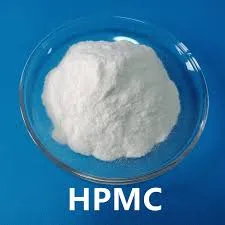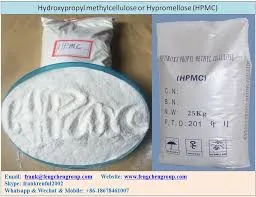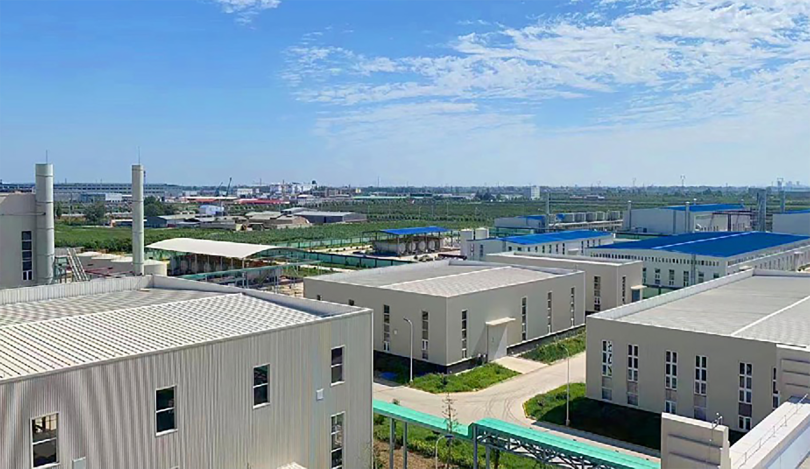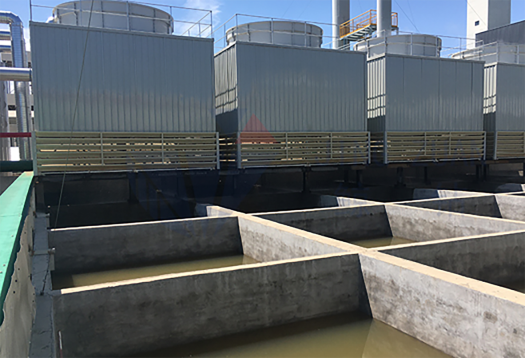Another significant application of corticosteroids is in managing autoimmune diseases, where the immune system attacks the body's own tissues. Conditions such as purpura hemorrhagica and some skin disorders can benefit from immunosuppressive treatments with corticosteroids, helping to restore normal function and comfort to the horse.









